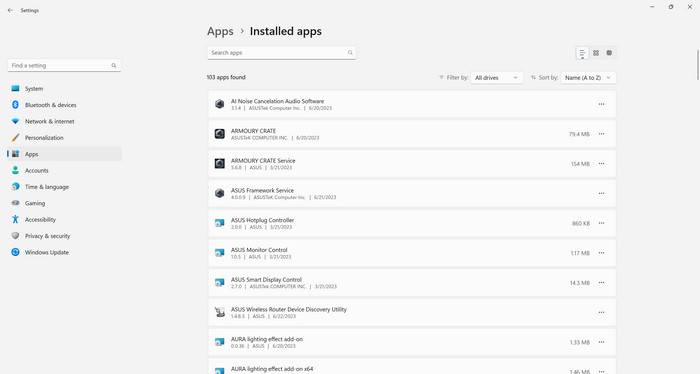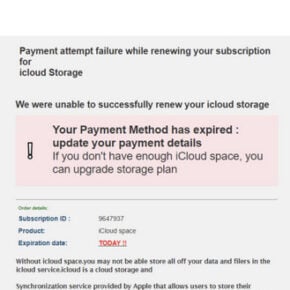CCleaner is a popular utility software developed by Piriform that is designed to optimize and clean up your computer. With over 2 billion downloads worldwide, CCleaner has become a go-to tool for many users looking to improve their system’s performance. However, there has been some controversy surrounding the software, leading to questions about whether it is necessary or even safe to have installed on your computer. In this article, we will explore what CCleaner is, its features, potential risks, and whether you should consider removing it from your system.

What is CCleaner?
CCleaner is a system optimization and cleaning tool that helps remove unnecessary files, temporary files, and other clutter from your computer. It can also clean up your web browser’s cache, cookies, and history, freeing up valuable disk space and potentially improving your system’s performance. CCleaner offers both a free version and a paid version with additional features.
Features of CCleaner
CCleaner offers a range of features that can help improve your computer’s performance:
- System Cleaner: CCleaner scans your system for unnecessary files and removes them, freeing up disk space.
- Registry Cleaner: It can also clean up your computer’s registry, removing invalid entries and potentially improving system stability.
- Browser Cleaner: CCleaner can clean up your web browser’s cache, cookies, and history, helping to protect your privacy and potentially speeding up your browsing experience.
- Software Uninstaller: It includes a built-in software uninstaller that allows you to easily remove unwanted programs from your computer.
- Startup Manager: CCleaner can help you manage the programs that start automatically when you boot up your computer, potentially improving startup times.
Controversies and Risks
While CCleaner has been a trusted tool for many users, it has faced some controversies and risks in the past:
1. Malware Infection:
In 2017, CCleaner was compromised by hackers, resulting in a malware-infected version being distributed to millions of users. This incident raised concerns about the security of the software and the potential risks of using it. However, Piriform, the developer of CCleaner, quickly responded to the incident, releasing a clean version and taking steps to enhance the software’s security.
2. Registry Cleaning:
CCleaner’s registry cleaning feature has been a subject of debate among experts. While it may remove some invalid entries, it is generally considered unnecessary and potentially risky. Incorrectly modifying the registry can lead to system instability or even crashes. Therefore, it is recommended to exercise caution when using this feature and create a backup of your registry before making any changes.
3. Unintended Deletions:
There have been reports of CCleaner accidentally deleting important files or settings, causing issues for some users. While these incidents are relatively rare, it is important to be cautious when using any system cleaning tool and double-check the items selected for deletion.
Should You Remove CCleaner?
Whether you should remove CCleaner from your computer depends on your specific needs and concerns. Here are some factors to consider:
1. System Performance:
If you are experiencing slow performance or your computer is running out of disk space, CCleaner can help optimize your system and free up valuable resources. However, it is important to note that the impact on performance may vary depending on your system’s configuration and the amount of clutter present.
2. Privacy Concerns:
If you are concerned about your privacy and want to remove traces of your online activities, CCleaner’s browser cleaning feature can be useful. It allows you to delete cookies, cache, and browsing history, helping to protect your privacy.
3. Alternative Tools:
There are alternative system cleaning and optimization tools available that offer similar features to CCleaner. If you are unsure about CCleaner’s safety or prefer to explore other options, you may consider trying out alternative software such as BleachBit or Wise Disk Cleaner.
4. Regular Maintenance:
Regular maintenance of your computer, including cleaning up temporary files and managing startup programs, is important for optimal performance. If you are comfortable performing these tasks manually or using alternative tools, you may not necessarily need CCleaner.
Conclusion
CCleaner by Piriform is a popular system optimization and cleaning tool that offers various features to improve your computer’s performance. While it has faced controversies and risks in the past, Piriform has taken steps to enhance the software’s security. Whether you should remove CCleaner depends on your specific needs and concerns. If you are experiencing performance issues or want to protect your privacy, CCleaner can be a useful tool. However, it is important to exercise caution when using any system cleaning tool and regularly evaluate its impact on your system. Ultimately, the decision to keep or remove CCleaner should be based on your individual requirements and preferences.

![Remove Mylouchemorthry.co.in Pop-up Ads [Virus Removal Guide] 3 McAfee scam 4](https://malwaretips.com/blogs/wp-content/uploads/2023/08/McAfee-scam-4-290x290.jpg)


